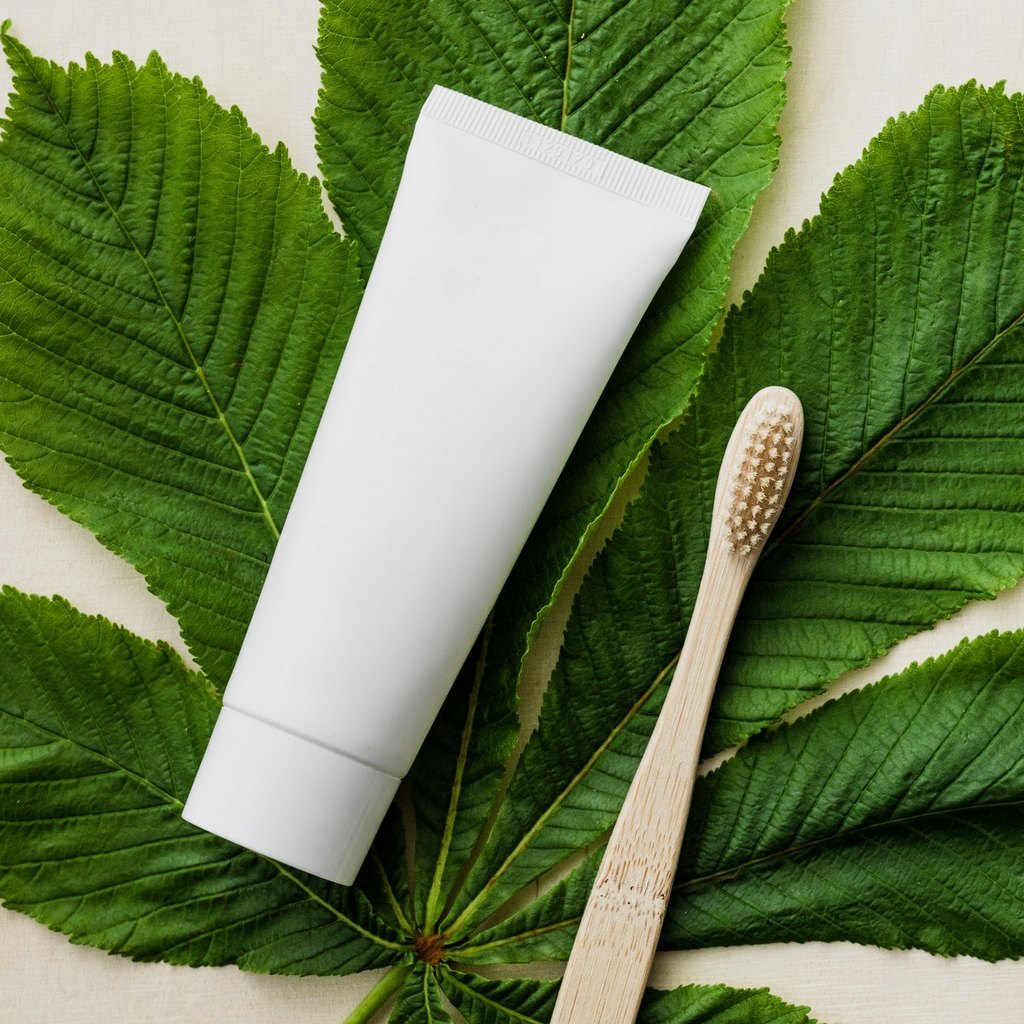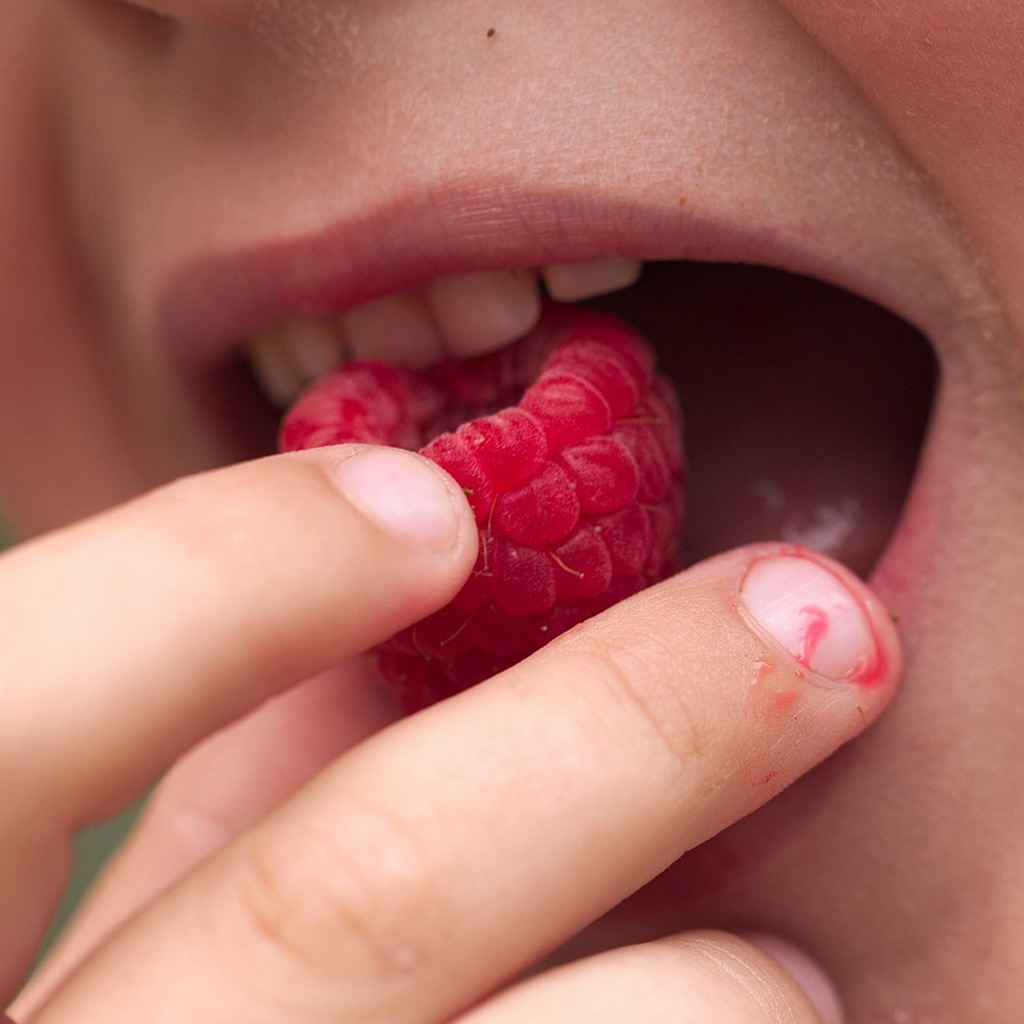- Hard fruits and vegetables (carrots, apples, cucumbers, beets)
Carrots, apples, cucumbers and beets contain many beneficial vitamins and trace elements for teeth and gums, such as beta-carotene, vitamins B, D, E, K, C, PP, calcium, potassium, magnesium, sodium, phosphorus, iodine, fluoride, iron, cobalt and silver, which normalize blood circulation in the gums and supply the calcium and phosphorus needed for dental health.
Our teeth and gums got used to soft, processed foods and stopped functioning properly, resulting in plaque and poor circulation. Just a couple of hard fruits or vegetables a day and your gums will get a good massage and your teeth will get rid of plaque. In addition, these vegetables stimulate saliva secretion, which constantly washes your mouth and reduces germs and bacteria.
- Greens (parsley, lettuce, onions, dill, celery)2.jpg
Greens are important not only for teeth, but also for the whole body vitamins B, E, A, C, PP, potassium, calcium, magnesium, iodine, sodium, phosphorus, iron, beta-carotene and folic acid. Greens strengthen not only the teeth, but also the immune system in general, strengthens blood vessels, improves hematopoiesis and eliminates bleeding gums.
Parsley and onions have a natural antibacterial, refreshing and odor-killing action, their juice penetrates into hard-to-reach places, whitens teeth, removes plaque, strengthens and massages the gums.
Berries (currants, grapes, strawberries, cranberries)3.jpg
Berries are rich in a unique combination of organic acids, pigments and pectins, contain vitamins PP, A, group B, C, E, H, beta-carotene, calcium, magnesium, sodium, potassium, phosphorus, iron, iodine and fluorine.
The juice of some berries is recommended for the prevention of tooth decay. For example, cranberry juice, thanks to its bactericidal effect, reduces the likelihood of tooth decay. Components in berry juices are thought to block bacteria from reaching your tooth enamel. Grapes can also be used for prevention of tooth decay, because they contain a range of minerals and trace elements that have beneficial effects on the teeth and gums. In addition, grapes contain substances that block the activity of pathogenic microbes in the mouth.
Nuts (almonds, pine nuts, cashews)4.jpg
Nuts contain all the essential amino acids, polyunsaturated fatty acids, vitamins A, B, C, D, E, P as well as potassium, calcium, magnesium, phosphorus and other mineral elements that determine their high nutritional value. In addition, cashew nuts contain a unique substance capable of destroying bacteria that destroys tooth enamel. It has antibacterial, antiseptic, tonic properties and relieves toothache.
Pine nuts contain vanadium, which contributes to the development of bone tissue, phosphorus, which is involved in the formation and preservation of teeth and bones and plays an important role in muscle and nerve cell activity, calcium, which is a major component of bones and teeth and is necessary for blood clotting, cell integrity and cardiac activity.
Almonds contain substances that improve dental and gum health, and have analgesic and antispasmodic properties.
- Dairy products (cheese, cottage cheese, yogurt).
In addition to calcium, potassium, magnesium and vitamins A, B and D, which are helpful for our body in general, dairy products have some effect on our teeth. For example, yogurt reduces the amount of hydrogen sulfide, which is the main factor causing bad breath, quickly raises the pH level, and phosphates, calcium and casein help mineralize teeth.
Cheese can be considered an effective means of preventing tooth decay, because it increases the concentration of calcium in the tooth enamel by 60% and increases the volume of saliva, which contains components that prevent the development of tooth decay and gum inflammation. Cottage cheese contains proteins, lactic acid, iron and magnesium. It is well absorbed by the body, and calcium and phosphorus salts in it are involved in the formation of bone tissue, nourishing the nervous system and the formation of hemoglobin in the blood.








